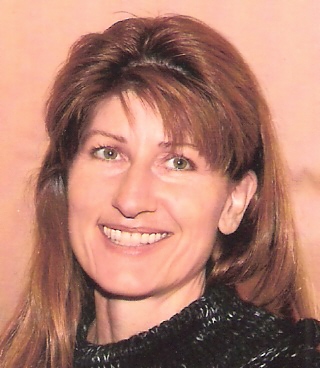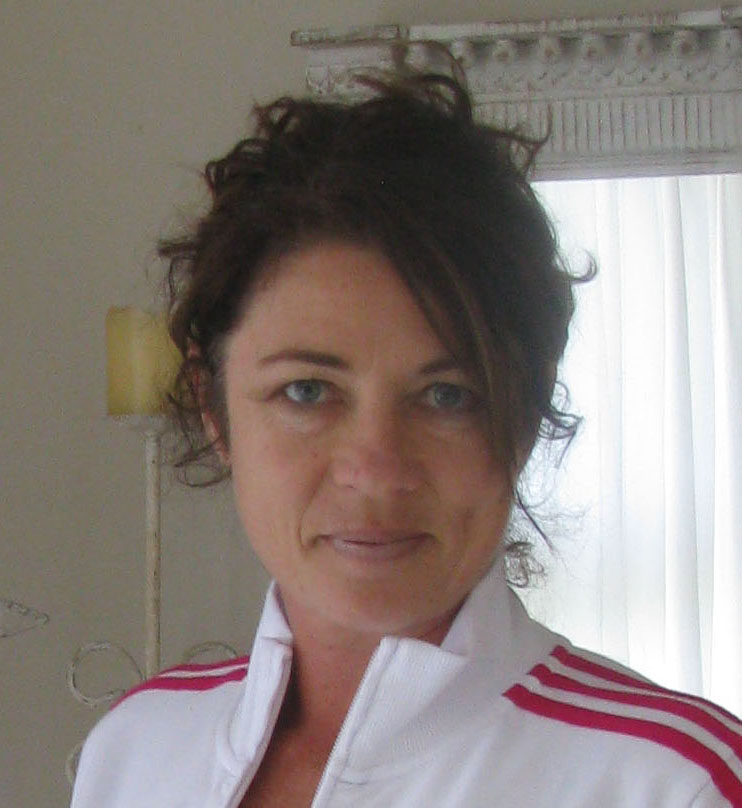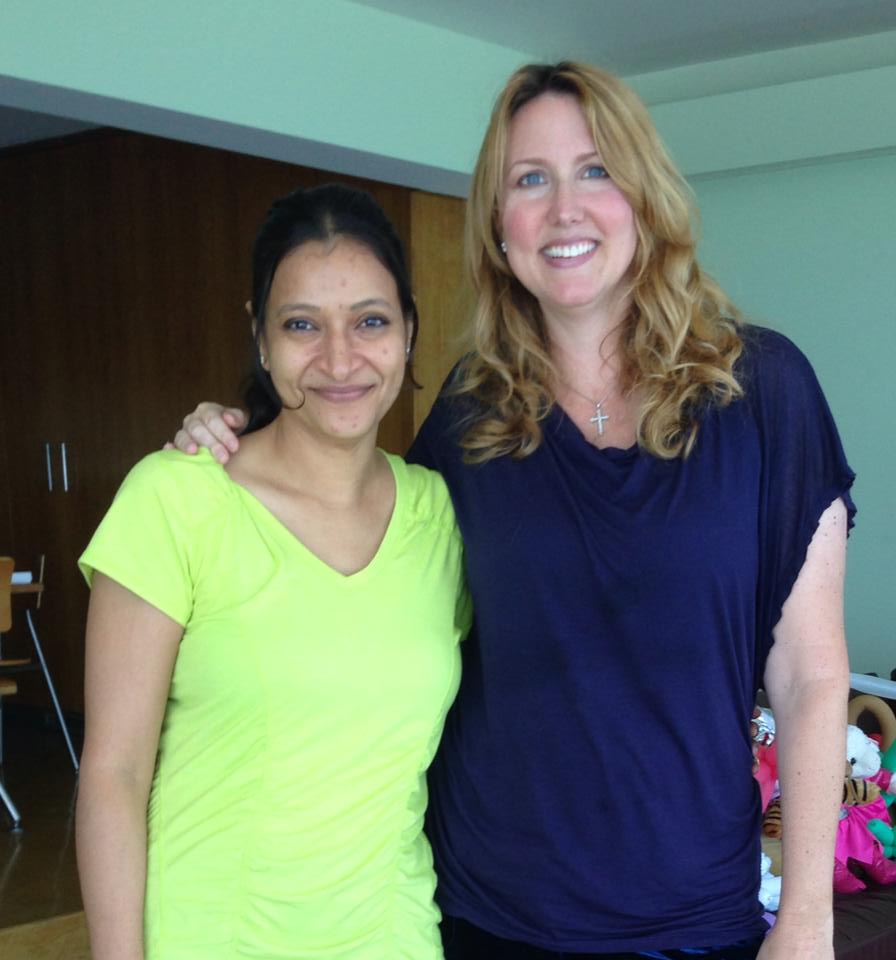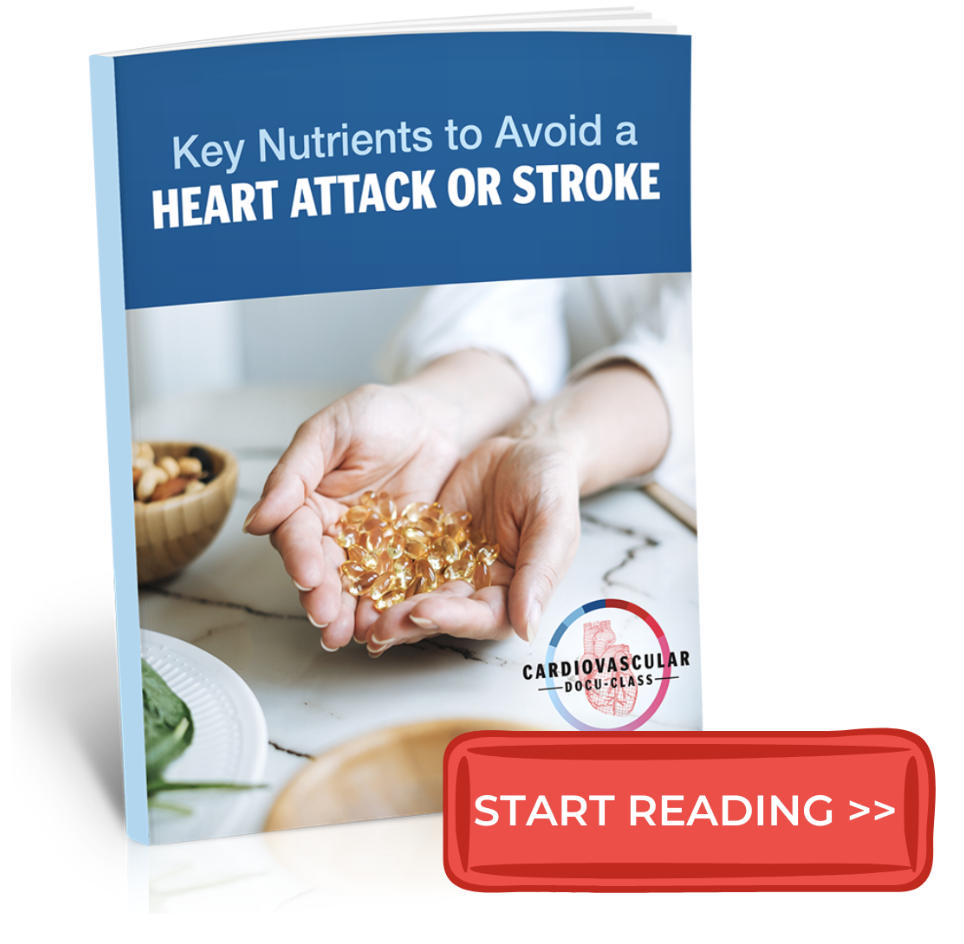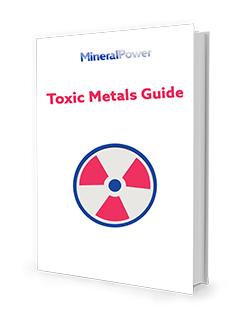Listen
Listen to this podcast or watch the video. CLICK HERE
Transcript
Top Takeaways
- Its is estimated that 11 million woman are on hormonal birth control
- 65% of women are primarily using it for symptom management of irregular periods, heavy periods, acne, period pain, etc
- Beyond the Pill is designed to provide root cause solutions to common hormone imbalance symptoms beyond birth control.
- In the book Dr. Brighten outlines what your doctor should be investigating, including the labs they should be testing.
- Brighten outlines solutions to stay safe while on the pill, and how to transition off of it to avoid post birth control syndrome.
- Woman can get chronic yeast infections because the pill effects gut flora biosis.
- Woman who have a family history of autoimmune disease are 300% more likely to develop Crohn’s disease after 5 years on birth control.
- Hormonal birth control works by stopping brain and ovarian communication, which is problematic if you have symptoms of estrogen dominance.
- If your progesterone is too low you will get anxiety, have trouble sleeping, get hot flashes, and your essential liver detoxification nutrients will be depleted.
- In 2018 the FDA approved the first contraceptive app device that records body temperature to detect when a woman is ovulating.
- If used correctly fertility awareness as a method of contraceptive is over 99% effective.
- The pill can decrease libido by causing the body to produce more sex hormone binding globulin.
- One of the most important things to do while on the pill is to replenish essential nutrient stores in the body by forming a healthy diet.
- Detoxing the liver is also extremely important, as the liver is constantly working to process hormones.
- Because your liver works in overdrive while on the pill, fragrances can effect your body in negative ways, indicating that detox pathways are not working optimally.
- You can purchase Dr. Jolene Brighten’s book Beyond the Pill anywhere they sell books, including Amazon, Barnes and Noble, and Target.
- You can also go to com to pick up a copy!
Wendy Myers: Hello everyone, my name is Wendy Myers of myersdetox.com. Thanks so much for joining us for the Myers Detoxpodcast. Today we have my friend Dr. Jolene Brighten on the show today. She has written a book called Beyond The Pill.
Wendy Myers: This is such important information because so many women today want to know what is the best birth control, what’s going to prevent unwanted pregnancies, what is going to help them regulate their cycle or prevent acne or all the other different reasons that women are put on the pill for medical reasons. Well, the pill causes a lot of different problems.
Wendy Myers: It causes chronic yeast infections. It can cause different health issues. It can cause leaky gut, which can lead to autoimmune issues. We talk about some of the studies regarding the pill and how that can lead to autoimmune disease. It can cause nutrient deficiencies and it kills your libido, which all of the above, for the most part I experienced because I was on the pillow for 25 years and really feel like my health and my relationships suffered as a result.
Wendy Myers: We talk about alternative birth control methods that don’t harm your body and how to get off the pill to avoid post birth control syndrome. I’m going to be talking more and more about hormones on the show and more and more about hormones on myersdetox.com because heavy metals have a huge impact on our hormones.
Wendy Myers: There’s different kinds of heavy metals that promote estrogen in the body or prevent production of hormones in the body. There’s enzymes called hydroxylases that actually poison enzymes that help turn DHEA into testosterone and then turn that into estrogen. Dr Jolene Brighten is a functional medicine naturopathic medical doctor and the founder of Rubis Health, a women’s medicine clinic that specializes in women’s hormones.
Wendy Myers: She is recognized as a leading expert in Post Birth Control Syndrome and the long-term side effects associated with hormonal contraceptives. Dr. Brighton is the author of Beyond The Pill, a 30-day plan to support women on birth control, helped them transition off and eliminate symptoms of post birth control syndrome.
Wendy Myers: She is a speaker, a women’s health advocate, and a medical advisor for one of the first data driven apps to offer women personalized birth control recommendations. You can learn more about her at drbrighten.com. Dr. Brighten, thank you so much for coming on the show.
Dr. Jolene: Hey there. Thanks so much for having me.
Wendy Myers: Let’s talk about the pill and birth control. This is a big issue for so many women because if you want to prevent an unwanted pregnancy, what are your options? The first thing people think of is the pill or condoms, but I feel like every birth control has its pros and cons and I think so many women had been on the birth control. I was on the birth control for 25 years and I have been off it for many years and feel so much better.
Wendy Myers: Because of it I had all kinds of health issues as a result. We’re going to be talking about what those are in today’s show. How many women are currently on the pill and are these women primarily using it to prevent pregnancy?
Dr. Jolene: Well, in the United States, it’s estimated about over 11 million women are currently using hormonal birth control, which expands to about 100 million women worldwide with about 60 percent. Some surveys have said as high as 65 percent of women are primarily using it for symptom management. What that means is that, well, preventing pregnancy, can be an added benefit. Most women are prescribed hormonal birth control for irregular periods, heavy periods, acne, period pain, things that you and I know have a root cause.
Wendy Myers: You have authored an amazing book called Beyond The Pill and there’s so much amazing information in that about birth control options. What are some of the top takeaways that someone can expect when reading the book?
Dr. Jolene: Well the book is called Beyond The Pill because it’s really designed to give women solutions, root cause solutions to common hormone imbalance symptoms beyond birth control. I know that l day, every day you can go to a doctor’s office and you can say, here’s my female problem, and they will say, and here’s the pill, here’s the solution for that, is a pharmaceutical intervention.
Dr. Jolene: Well, it does have a place in women’s health and it’s 100 percent your right to choose that, I wanted to provide women with other options and other solutions. There’s an entire chapter dedicated to just understanding your menstrual cycle, how does it work, what’s up with your hormones and how can you leverage them to give you super powers. Then there’s another chapter where you troubleshoot what is going on with your period problems, your acne, your hair loss, and how you can get to the root of that.
Dr. Jolene: I outline and take women through this is what your doctor should be investigating, these are the labs that they should be testing and then here’s what you can do right now to really fast track your healing and eliminate these symptoms. There’s an entire chapter dedicated to gut health, to adrenal and thyroid health, to liver health and taking a look at metabolic disorders like cardiovascular disease, stroke, heart attack, cancer. How does that play in with hormonal birth control and what role have your hormones play?
Dr. Jolene: Then of course, because we are women and we are quite often dismissed when it comes to our mood symptoms and past pharmaceuticals for mood management, I included an entire chapter on that as well so that you can really take the reins of your health and understand is birth control right for you. Is that going to be the best solution for your health needs?
Dr. Jolene: Should you choose to use it? I want to support you in using it and minimizing the side effects. There’s a lot of things were not told that hormonal birth control does in our body, I outline that and I give you solutions to stay safe while you’re on it and then I teach you how to transition off and avoid post birth control syndrome. If you already have post birth control syndrome, there are solutions in there for you as well.
Dr. Jolene: Funny enough, there was a reader yesterday who called the book, the Lady Bible. She was like this is the lady bible, and she was like, “This is everything that I should have been given when I started my period.” I’m like, “That’s exactly how I wrote it.” It’s the day you got your period, this is the information you should have been handed and it’s what I wish that I had had when I started my period and for the 10 years that I spent on birth control.
Wendy Myers: Yes, I had a lot of side effects that I really didn’t attribute to the pill when I was taking it for so many years. Let’s talk about some of the symptoms of the birth control pill. I know some of them are problems absorbing nutrients and also yeast infections. Women can get chronic yeast infections also when they’re on the pill because it messes with your gut flora biosis
Dr. Jolene: Yes, and you can get yeast infections in your mouth in your gut or in your vagina. It’s been well documented and just because you stopped birth control doesn’t mean those are all going to clear up and go away. Part of that is rooted in that. It leads to microbial diversity being reduced in your gut. It messes with your microbiome, leads to intestinal hyperpermeability, and it can impact your stomach function, your gallbladder function, your liver function, and that’s your entire digestive track and a lot of your detox system right there.
Dr. Jolene: It does deplete nutrients, very key nutrients, things like zinc and magnesium, B vitamins, selenium , CoQ10, these things that are very … They’re non negotiable, you can’t have a nutrient deficiency in these things and not have symptoms. The other thing that is not talked about so much is the implications in autoimmune disease.
Dr. Jolene: There was a study that came out of Harvard about six years ago showing that if you had a family history of autoimmune disease, specifically Crohn’s disease, you’re about a 300 percent increased risk of developing Crohn’s disease after five years on birth control. I really take women through that in my book to understand could birth control be putting you at risk of developing autoimmunity. It’s highly inflammatory. It causes leaky gut and birth control itself can be a triggering event for that.
Wendy Myers: Talk about what are some of the mechanisms because you’re essentially taking hormones that have estrogen in the pill. I think so many women today are estrogen dominant already. There are so many different estrogenic substances in our environment. Xeno estrogens like plastics, perfumes, pesticides, and things of that nature. How does that all interplay to cause problems in our body?
Dr. Jolene: That is such a great point that you bring up because yes, a lot of women are estrogen dominant and it can be because of environmental toxins, because of what your fat cells are doing, because your guts not eliminating. It also can be a relative estrogen dominance where you don’t have enough progesterone around. Now, if everybody listening understands this, you’re way ahead of most researchers and doctors and that is, what is in the pill is progestin. That is not the same as progesterone.
Dr. Jolene: This is something that’s absolutely an issue that you could have symptoms of estrogen dominance. Let’s say you’re having really heavy, long periods, lots of clots, breast tenderness, your doctor puts you on the pill. Now you’re getting a whole lot of synthetic estrogen and synthetic progestin, while you’re also shutting down your own ability to make your hormones.
Dr. Jolene: Hormonal birth control works, the pills specifically, it works by stopping brain and ovarian communication. With that you don’t ovulate, which is fantastic if you don’t want to get pregnant, but not so good if you’re having symptoms of estrogen dominance.
Dr. Jolene: As I outlined in my book, if your progesterone is too low, you’re going to have anxiety, you’re going to have trouble sleeping, you might start having hot flashes. The other thing that’s involved in all of this is what’s going on with liver detox capacity. It depletes nutrients which are essential for liver detoxification.
Dr. Jolene: In addition to that, being on the pill actually alters your liver at the genetic and structural level. This can be very problematic for some women, especially those dealing with estrogen dominance. Once your liver packages it up and gets the estrogen ready to move out, it’s your gut that has to move it out. If your guts not functioning optimally because you are on a medication that causes dysbiosis and poor motility, there’s a lot of the issues that can come along with that, you can’t effectively eliminate that estrogen and now your estrogen dominance is made worse.
Wendy Myers: That’s such a good point. I just love this show so much … this interview so much because these are such important points for women to hear because the pill affects your body in so many different ways. What are some of our alternatives? The pill can be a necessary evil for some women for various reasons, but what are some of the alternatives women can be looking at if they want to prevent unwanted pregnancy?
Dr. Jolene: Chapter 13 in my book is dedicated to all of the non hormonal birth control options that are available. There’s the pill, there’s the pap, the Iud, the new varain, the implant, the depo shot. These are all of our hormonal contraceptives. Outside of that, the alternatives look like things like a copper iud. It works for some women, not all women.
Dr. Jolene: If you have a history of heavy periods, endometriosis, painful cramps, that’s not your contraceptive of choice. That’s not the one for you. We’re seeing the advancement of fem tech, which is technology geared towards helping women take charge of their reproductive health. 2018 was really a phenomenal year in women’s reproductive health is that we saw the FDA actually approved the first app, a device, a thermometer you put under your tongue as a contraceptive and we haven’t … that was never a thing before.
Dr. Jolene: These apps, what they’re really leveraging is fertility awareness method, which is taking your basal body temperature, correlating that, there’s a spike in temperature when we ovilate. In addition, correlating that with your cervical mucus and how your symptoms are presenting, can really help women dial in prevent pregnancy. In fact, when used correctly, fertility awareness method is over 99 percent effective, which most women don’t realize this. The pill is only about 91 percent effective with typical use. That’s how us, imperfect humans, actually use it.
Dr. Jolene: Now, are there options that are out there, of course barrier methods, condoms, diaphragms, and there are new technologies being developed in terms of gels. When you’re fertile, you’re fertile cervical mucus is a super highway for sperm that helps the sperm get to the egg super quick so you get pregnant.
Dr. Jolene: There’s gels being developed that a woman would actually insert and it’ll alter that cervical mucus so it blocks sperm from making their way to the egg. There are quite a few options out there and it’s all about going through and deciding what works best for your life and what’s going to be a method that you feel you can be successful with.
Wendy Myers: I’ve been using some fem tech also and I just downloaded an app called flow and really tracking my cycle in an automated way. It’s great. I love it so much and it really helps me find out when my fertile window is so I know to be extra cautious about using alternative contraception.
Dr. Jolene: Yes, we’ve come a long way. I think every woman should read the book Taking Charge Of Your Fertility. I think it’s fantastic. Which teaches fertility awareness method and paper charting. I suck at that. I try that and I’m like, I can’t … I don’t even like to write with pencils and now I got to do graphs. This is giving any PTSD for geometry. I’m like no.
Dr. Jolene: To see that there’s apps now that you can plug your data into or thermometers that’ll just take the data for you … One thing I’ll say about that though is that just like when we start the pill, we’re using the nuva ring, anything like this, don’t fall into taking a back seat to your reproductive health.
Dr. Jolene: That’s something that can happen is if you are relying on an app to do all of the work, you’re going to be at higher risk of getting pregnant and that’s just to say you have to pay attention. Are you in the mood? If your libido is going up, odds are you’re going to ovulate soon. That’s what happens in the menstrual cycle. If you’re seeing fertile cervical mucus, maybe your app isn’t catching it yet, but you’re catching it. Nothing will ever replace knowing your body.
Wendy Myers: Yes, exactly because as we get older, things aren’t on schedule exactly how they’re supposed to be. The eggs not coming at the right time or it’s too early or too late. There’s too many and so exactly, you can’t depend on the APP. The app is just an estimate of all the average of all the data they’ve perhaps collected. It’s not going to be exactly for you, but it can help you gauge when you’re fertile window may be.
Wendy Myers: Let’s talk about libido. A lot of women that are on the birth control pill, it kills your libido. I certainly experienced this because I was on birth control since I was a teenager. My mother was terrified of me getting pregnant because she got pregnant as a teen. I just met my brother that she gave up for adoption and when she was a teen over thanks giving. It was a very traumatic event for her.
Wendy Myers: She put me on the pill at a very young age before I was sexually active. I never even knew what libido was because I was on the pill and I didn’t know what all these other women were talking about. I think a lot of women also experience that as well and it dramatically impacts their relationships. Why does the Pill reduce Your Libido?
Dr. Jolene: This is so common. I joke that it’s a sneaky way that birth control really prevents pregnancy because you don’t even want to have sex. I was on the pill through my twenties. I’m like, “Wow, I had zero libido.” I have two patients who they’re in their forties, they never had an orgasm until their forties because hormonal birth control is blocking everything in terms of making sex fun. It’s not cool.
Dr. Jolene: Then we feel like it’s us and something’s broken about us but in reality, hormonal birth control is going to shut down your testosterone production. We look at just that hormone alone, reduces testosterone production in the ovaries by as much as 50 percent, and then on top of it, it causes your liver to express sex hormone binding globulin in a higher amount.
Dr. Jolene: Sex hormone binding globulin is a protein that grabs onto excess hormones. When you take the pill, you are taking a medication that is high dose enough. Even though people say, “Well, it’s low dose contraceptive.” Well, it’s still got to be enough to get through your liver and still be a high enough dose that it shuts down your brain from talking to your ovaries.
Dr. Jolene: Now your liver and your body want to keep you safe and they recognize there’s all this excess hormone going on. It starts to increase sex hormone binding globulin. At the genetic level, there’s been an alteration. Your liver expresses this protein, gobbles up even more testosterone. Now you’re not getting that stimulation, you’re not producing it and you’re not actually being able to use anything you might produce. This is why it gets used a lot for PCOS women, polycystic ovarian syndrome,who have excess androgens.
Dr. Jolene: They’re having acne, they’re having hair growth on their chin and chest and it’s very effective at doing that. The problem is, is that the research looked at, okay, what happens when women come off of the pill? Surely, everything returns to normal. That’s the story we’re all told about the pill and about hormones in general is that, “Oh yes, you can use hormonal contraceptives and don’t worry when you come off, you won’t skip a beat. Everything will go right back to where it was before,” which isn’t true. It just simply isn’t true.
Dr. Jolene: When the researchers looked at this five years out, they found that compared to women who had never been on the birth control pill ever, that the sex hormone binding globulin never returns to the pre pill state. It never goes back down because that alteration has happened at the genetic level and the liver. Now, within beyond the pill, you’ll get into libido chapter. I outlined the protocols I’ve used in my clinic that do successfully help reduce sex hormone binding globulin.
Dr. Jolene: We’ve been able to do this and bring it back to healthy levels and this is because epigenetics is everything. While you may have taken the pill and it’s altered the genetic expression of this protein, we know enough now to understand how you talk to yourself, move your body, sleep and eat can absolutely shift your genetics.
Wendy Myers: I love that you have a whole chapter about libido because it’s a really important topic that so many women struggle with, especially as they get in their late thirties and forties and fifties. It’s a big problem for so many women who have been on the pill for a long time. What can women do right now if they’re on birth control or ever have been and are listening to this show, what can they do?
Dr. Jolene: Well, number one is you have to replenish your nutrient stores and so you have to get … Your diet has to be dialed in. That’s non negotiable. I’m going to have to say you got to get your diet dialed in and at the same time you can’t out diet hormonal birth control. If you’re on it right now, it’s depleting nutrients at a rate where you can’t actually replenish those fully with your diet.
Dr. Jolene: You’re going to want to have a multivitamin or prenatal along with that. That doesn’t mean you can do what my 17 year old self did and just drive through fast food windows and then think you can take a multivitamin. I didn’t even take a multivitamin. I’m on birth control and eating fast food and I’m not even taking a multivitamin, but it’s like big time fail. Learn from my mistake. Don’t make it ladies.
Dr. Jolene: With that, that’s one thing. The other thing is supporting your liver big time. Beyond The Pill, there’s an entire chapter called the birth control hormone detox 101. I wanted to call it the Liver Chapter then my publishers didn’t think that was sexy enough. That’s essentially what it is. Your liver is king and it’s everything in your health. It’s taking a big hit. It’s taken one for the team, so to speak, and really helping you process that hormone.
Dr. Jolene: Within the book I take you through doing a 14 day detox. If you’re on birth control and you’re in my practice, you’re doing this every three to four months in the year of going through a whole detox protocol. If you come off of hormonal birth control, it’s one of the things I found that right away, you can do that and you’re going to feel better, a whole lot quicker.
Dr. Jolene: Then if you just try to come off and see what happens and roll the dice. I outline all of that in my book to really support women. If you’re waiting for the book right now, you’re going to drbrighten.com/pbcs diet. That’s post birth control syndrome diet and started on that right now and get access to, “Okay, what I got to start eating, what I got to start doing to love up my liver?” Because if your liver starts working right, and then your hormones are going to be much easier to balance. We’re also going to find that your blood sugar will be easier to balance, which is really one of the key things.
Dr. Jolene: If you want incredible hormones, you’ve got to keep your blood sugar dialed in. Then you’ll be running the detox pathways, which we live in a really phenomenal time in the world. It’s the most toxic our world has ever been and so your liver needs support. I’m sure you see this as well.
Dr. Jolene: I remember a very long time ago when I started clinical practice, I was like, yes, I don’t know about this, doing detoxes and using supplements. Let’s support natural detox pathways and now over the years I’m just like, man, we just get hit so hard that I’ve seen this transition in my patients where it’s like, yes, doing the diet lifestyle is a must but it’s often not enough and we do have to come in with these practitioner grade supplements and really support people because we’re dealing with so much from what’s in our house, what’s in … You’ve taken uber ride? There fragrance in there.
Wendy Myers: I hate those fragrances in there.
Dr. Jolene: Oh, they’re so gross. The thing about it too-
Wendy Myers: Hormone interfering.
Dr. Jolene: I don’t think most people realize what a big deal this is. It’s not just about … It’s not just about hormones. Okay. We do know there’s endocrine disruptors in that and I actually … As you know, I was just living in Paris. They love themselves some perfume. My goodness. I walked into a Sephora, I find myself suddenly living in Paris and I didn’t … I brought enough stuff to live for six days and I’m like, great, now I live in Paris and I have to do all these interviews for my book and I gotta get some makeup because I’m old enough that it matters to me.
Dr. Jolene: I go into Sephora and there’s this runway, this red carpet, you walk down with 50 people spraying perfume at you. I was like ah, ah no fragrance! And what most people don’t realize is that some of these molecules are small enough to actually ride the super highway of a nerve that’s in your nose straight into your brain.
Dr. Jolene: Now you’ve got toxins in your brain. Paris and France, I love you guys, but slow the roll on your fragrances.
Wendy Myers: Secondhand smoke. It’s the new secondhand smoke.
Dr. Jolene: Oh yes, and then they smoke there a lot too. What are you guys doing? But their cheese is really good.
Wendy Myers: We forgive them.
Dr. Jolene: But with that, it’s something … If that was me while I was on birth control, I would have had an instant migraine being in there and I would have started getting nauseous. That’s a sign that your liver is struggling with detox and so if that’s true for you, if you can’t walk by like a Macy’s you can’t walk into a department store without that fragrance hitting you hard, your detox pathways are not working optimally.
Dr. Jolene: I find so many of my patients on birth control, they struggle with this. They’re like, “I get into an Uber car and I’ve got to put the windows down and I’m car sick.” They get off of hormonal birth control. They go through a detox. They start supporting their body and then they’re like, “I don’t have these issues. Weird, I just went into Macy’s and I had no problem walking through the perfume department.” That’s a really big sign there’s burden going on to your detox capacity.
Wendy Myers: Yes, all these perfumes and pesticides and petrochemicals and the petrochemicals are in the perfume, fragrances, those are estrogens and they interfere in your estrogen in your body. Mimic estrogen, and your liver metabolizes that excess estrogen. All of this stuff works in sync.
Dr. Jolene: Do you know Lara Adler?
Wendy Myers: Yes, I do.
Dr. Jolene: The environmental Toxins Nerd. She was someone … When she said this to me, it was such an Aha moment and she was like … You know those Halloween masks that you can smell. You walk the aisle and you can smell them. Those are straight up estrogen. That’s straight up estrogen. Most of the things that you can smell in the store. These candles, these things are actually mimicking your estrogen in your body.
I thought it was such a brilliant thing and I have to give her credit for that. She cracked me up like, Halloween that is straight up estrogen. I’m like, “Oh my God, that is so true.” But we don’t think about it because these things are so ubiquitous in our society that we just don’t think about it anymore. We’re like, “Okay, we’re not going to question it. Just going to keep on moving, but I know I feel well.”
Wendy Myers: Yes exactly, and that’s why detox is so important. I’m really happy that you are outlining that book and touching base on that in the book because you have to love your liver if you want healthy hormones
Dr. Jolene: It’s never the sexy stuff either you guys,it’s never the sexy stuff. People they just want to know that it’s like, “Oh, eat this super food and it’ll change everything.” At the end of the day, it’s what you do every single day that creates the change. You’re that powerful.
Wendy Myers: Yes, all these little small steps add up to huge change. Let’s talk about anything else in the book, where can we get the book? What are some other tips in the book also?
Dr. Jolene: You can get the book anywhere they sell books. The crazy thing, right now there is a full on major media blackout, which you don’t blame them. No TV station or major news network wants to talk about birth control. The funny thing is I’m like … I get that pharmaceutical companies are funding them and doing their advertising and that’s a bad business decision, but I’m like this book is not anti birth control. In fact, it gives solutions to the common side effects and if anything it would make happier customers for them because they wouldn’t be complaining so much about these side effects.
Dr. Jolene: Right now, women around the world are supporting this book and what’s amazing is that it’s in all major bookstores. We also saw it’s now in Finland, it’s in Switzerland. There are women in Germany sharing it. Australia, so wherever you are in the world, you can get this book. I was in Paris, my book could come to me via Amazon. Amazon’s everywhere right?
Wendy Myers: Yes.
Dr. Jolene: You can get it there. The other things that you’ll find in the book that it might not seem so obvious, yes, it’s a hormone book. Yes, it’s going to outline, birth control. There’s an entire chapter on gut health. If you have yeast overgrowth, you have gut dysbiosis, you have autoimmune disease. If you have issues in terms of SIBO, small intestinal bacterial overgrowth. I’m talking about that in there.
Dr. Jolene: I’m also talking a lot about adrenal and thyroid health. I’ve had a lot of women who are like, “Well, I have Hashimoto’s. I don’t know if this book can work for me.” I’m like, “Okay, yes, I talk about Hashimoto’s, I talk about hypothyroidism.” PS, If you don’t have adequate progesterone, you don’t use your thyroid at the cellular level.
Dr. Jolene: Your labs can look normal but you don’t feel normal and as a Hashimoto’s woman myself, I’ve definitely been there. Then the other things … I cover fertility and then there’s a lot about mood, so anxiety, depression, mood swings, taking you through how your hormones are involved in that, how birth control can contribute to that and in ways that you can really take back your mood.
Dr. Jolene: I think the most surprising thing to people is how much I talk about cardiovascular health, diabetes, risk, stroke, and then certainly going through and outlining what’s the issues with weight as well, because that can be a sign of, there is an underlying issue with your hormones.
Dr. Jolene: If you’re hyperthyroid, you could be gaining weight. If you have too much cortisol, if you are having issues with estrogen dominance, if you have too low of testosterone, you could be losing muscle mass. I think the way it presented in the book is it’s not a weight loss book. I’ll just say that straight up. The side effect of getting your hormones in balance and taking care of your body is that your weight does equilibrate and it will actually come into alignment of what’s best for your body.
Dr. Jolene: The weight is really one of those symptoms that is telling about what is going on internally. For anybody who’s concerned about acne, hair loss, yes, we talk about that as well in the book.
Wendy Myers: Do you talk at all about hormone replacement therapy?
Dr. Jolene: I do talk a little bit about hormone replacement therapy but not in the context of being a postmenopausal woman. I really appreciate you asking that and I try to be fully transparent that, yes, if you are postmenopausal, this book will help because of the liver, the gut, to the adrenal thyroid nude, the low libido, the vaginal dryness information that I cover, but in terms of guiding you in bioidentical hormone replacement therapy, I don’t go through that in great detail in the book because we’re mostly talking in this book about women who are still actively menstruating.
Wendy Myers: Okay, great. It’s really … The whole media blackout thing really irks me because I think there is … Just like Dr Kelly Brogan had her book A Mind Of Your Own and there was also a media blackout on that because any kind of infringement perhaps on some suggestion, you might want to take not take this medication. Here are natural alternatives that are healthier. There seems to be a theme where there can be a blackout about that and that’s why we’re doing this podcast.
Wendy Myers: To make this information available to people, information that may not be available on major media outlets that are largely controlled by the big pharmaceutical companies. I’m really happy to have you on the show and get the word out to as many women as possible about alternatives to birth control and just how all the hormones and balancing your hormones has so many different effects on all your other different organ systems in your body, like your thyroid and your mood and other things. Thank you so much for coming on the show.
Dr. Jolene: Thank you so much for this conversation, for the work you’re doing in this world because we need a lot more of us making change in women’s medicine.
Wendy Myers: Yes, well, thanks for coming on the show and every one please go get Dr Jolene Brighton’s book. Tell us where to get it again
Dr. Jolene: You can get it anywhere they sell books. Certainly Amazon, Barnes and Noble. Target has picked it up now and if you are wanting to grab some bonuses that go with it, you can go to beyondthepillbook.com where we’ve got a ton of bonuses including lab guides, recipes, and five exclusive video interviews with other experts helping you getting to know about your body.
Wendy Myers: Well, thanks for coming on the show and everyone thanks so much for listening and tuning in every week. I just love doing this podcast interviewing the world’s top experts on alternative health and medicine. Thanks for tuning in.







